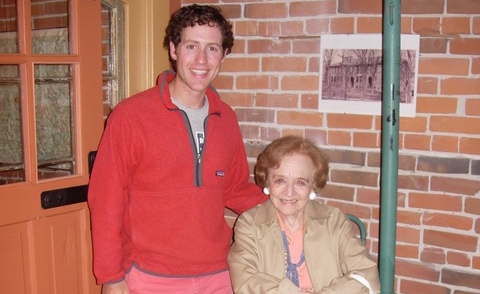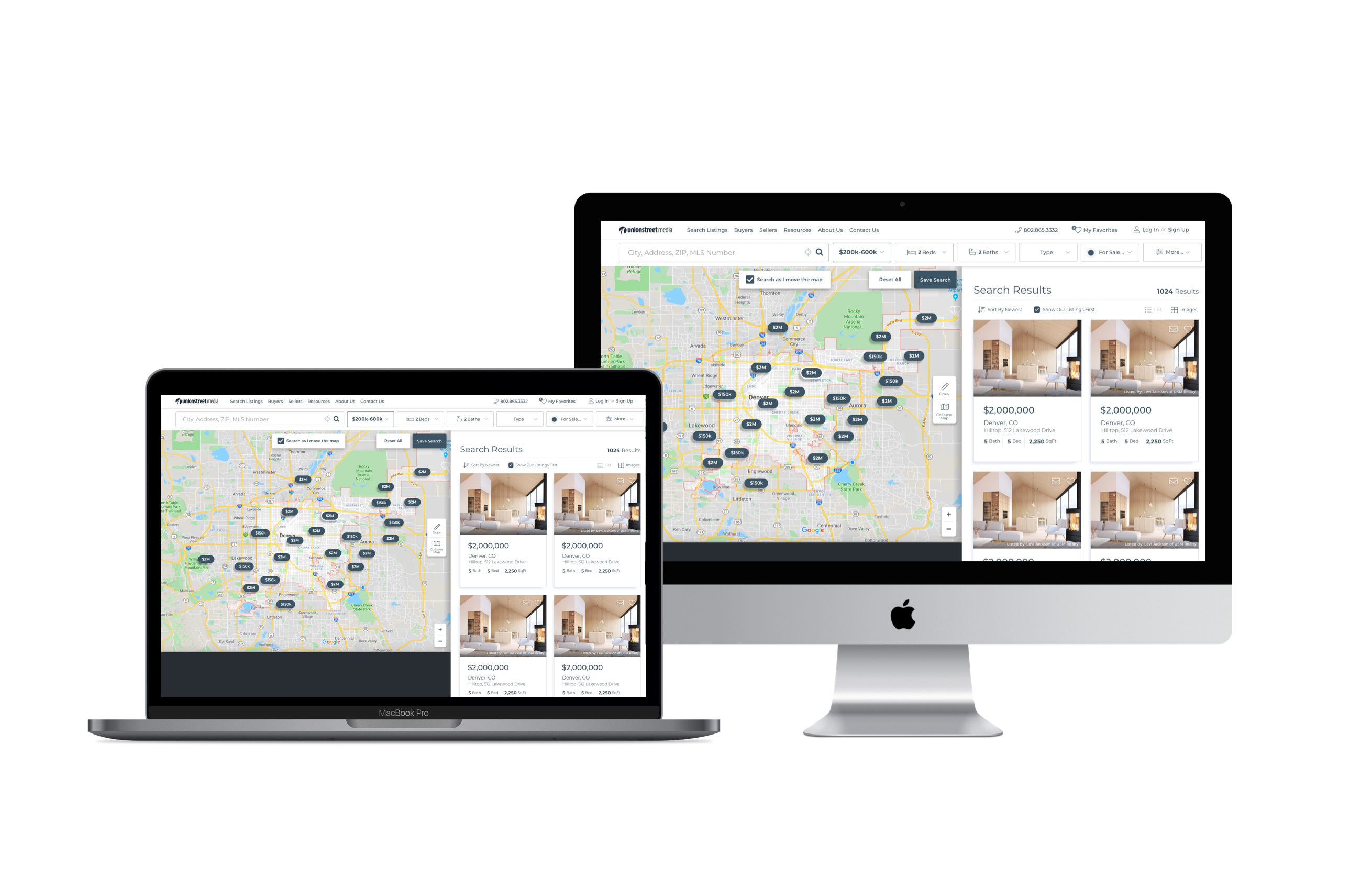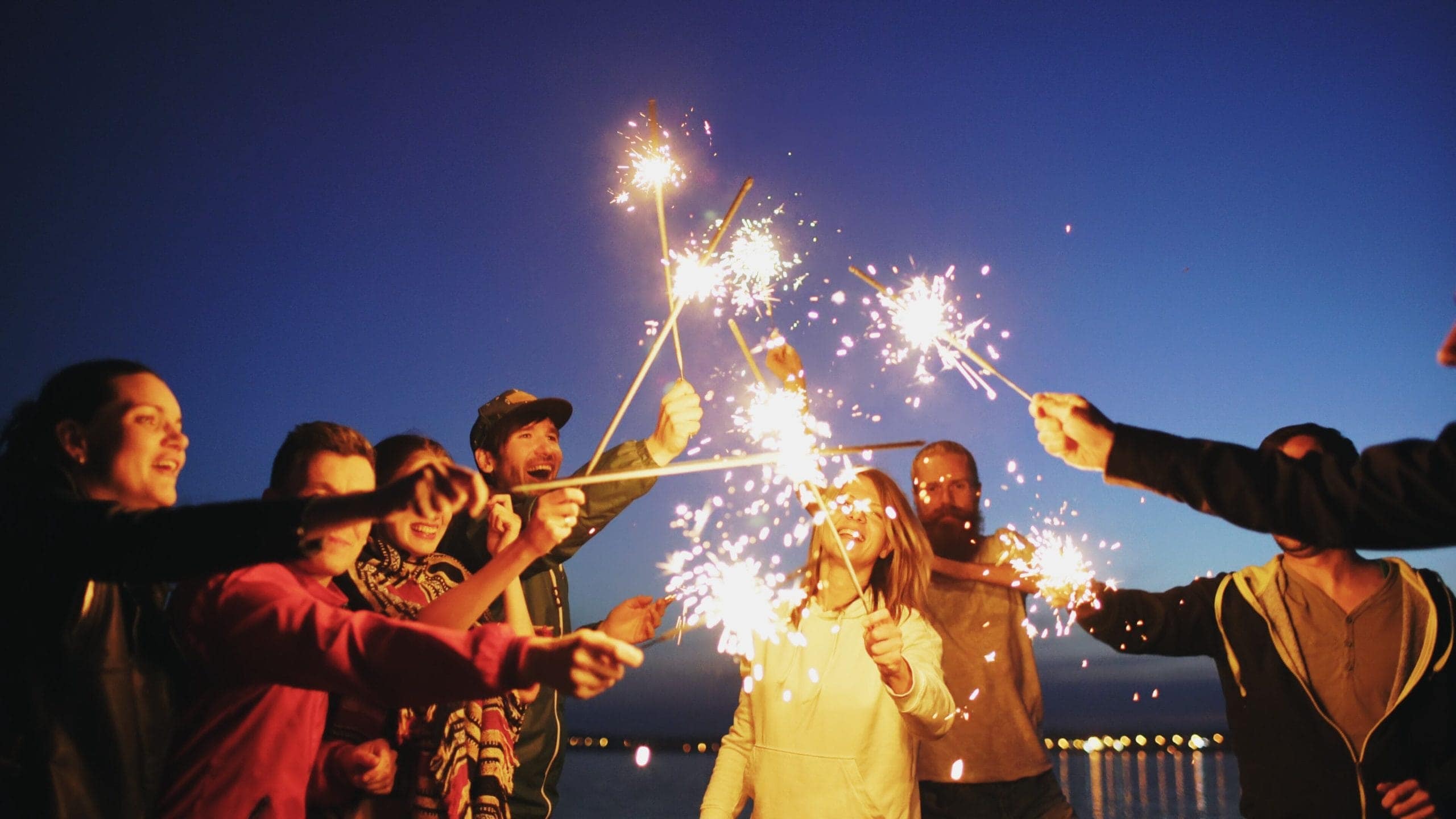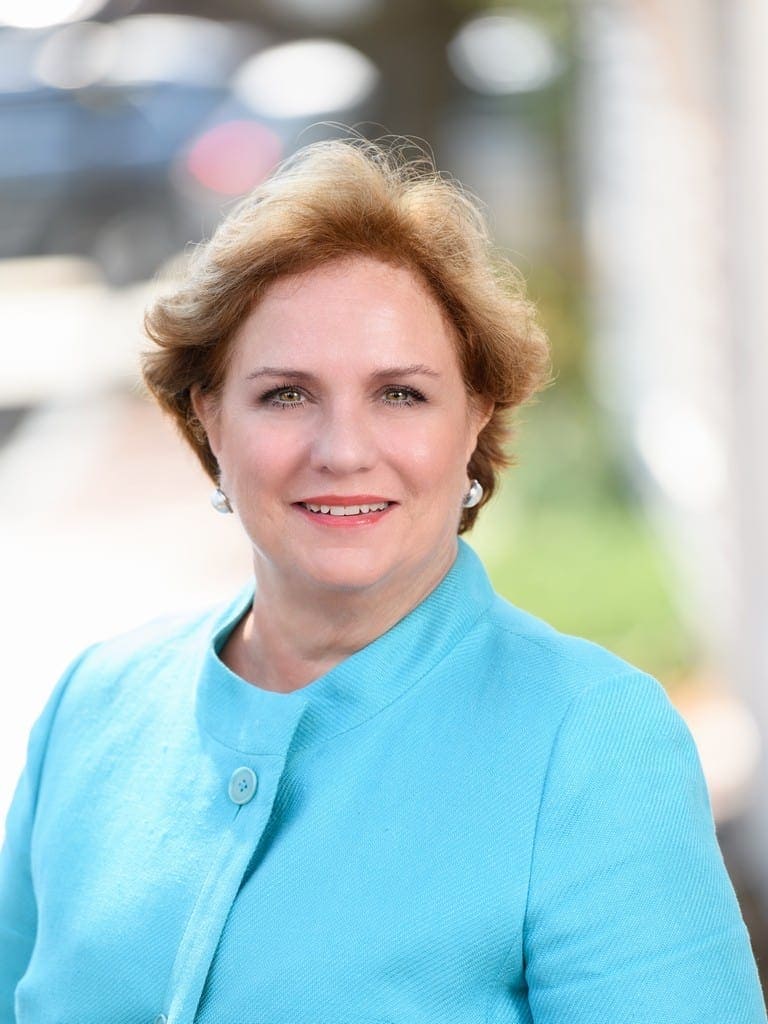What Real Estate Means to Me
The facetious Monster.com commercial of kids saying what they wanted to be is one that always stuck with me.
What were you going to be when you grew up?
My plans varied over the years. Originally, I was going to be the starting catcher for the Chicago White Sox, until my natural athletic abilities got the better of me. Then, I figured I’d put a tie on and work in NYC, as that’s what a lot of people I was exposed to as a kid did every day. When I got into high school, I thought I’d be a history teacher. It was not until I neared the end of my time in college that I realized I was destined to be an entrepreneur. Where was real estate in all this? Although I am the third generation in a row to work in the real estate industry, at the time, it was not on my radar.
Looking back on it now, real estate was a natural home for me. As a kid (yes, Monster.com) I actually did like to read real estate ads in the newspaper. I would look at the photos, see what was on the market and how much people were asking for the homes. I developed an affinity for old houses, probably because I lived in one, and actually enjoyed the “joys of homeownership” projects even though my participation in them was generally not optional.
Real estate serves our most basic needs according to Maslow’s hierarchy and yet it’s so much more than just that. What I love most about real estate are the relationships that are created through it: the family that grows within a home, the community that develops as different people move into neighborhoods and the connections between the people that make the industry happen.
What strikes me the most about the real estate industry is the opportunity it creates for so many people. One of the best examples was my paternal grandmother, Adele Adler. In the late 1950s, my grandparents were divorced. It was much less common to divorce back then and she was faced with the prospect of needing to get into the workforce quickly. Where did she turn? To real estate.
She was active from 1958 to 1963 at L. Ringer Realty in Hubbard Woods, Illinois. With no formal job training, she became one of the top brokers on the North Shore of Chicago, at a time when most women were not working. Her great strength was her empathy since she really became close to her clientele. She out-earned my grandfather doing it and yet also suffered from the stress of the real estate cycle because each time she made a sale she had to, in effect, start again. In 1963, she remarried, relocated to the New York area and went back to the life of a homemaker, which is where she thought she belonged, despite her remarkable professional success.
The opportunity that real estate created for her changed the trajectory of many lives, most significantly her kids. My father’s life would have looked a lot different if my grandmother had not gone into real estate (one of his first jobs was cleaning her office). My father ended up in real estate too: his company was one of the early advisory firms in the REIT market both domestically and internationally. I’m not sure how many NAREIT conferences he has attended and I am sure it is a multiple of my Inman conferences.
There are so many stories like my grandmother’s in real estate. As an industry, it pulls people from a broad swath of society and employs a diverse group of people. It’s a common second career. It is not uncommon for an agent to be 18 or 80. It provides earning power and flexibility. It is also an industry made up entirely of entrepreneurs. Every agent is, in a sense, their own business.
What does real estate mean to me? It creates relationships, community, and opportunities that last for lifetimes. I feel lucky to be a part of it!










